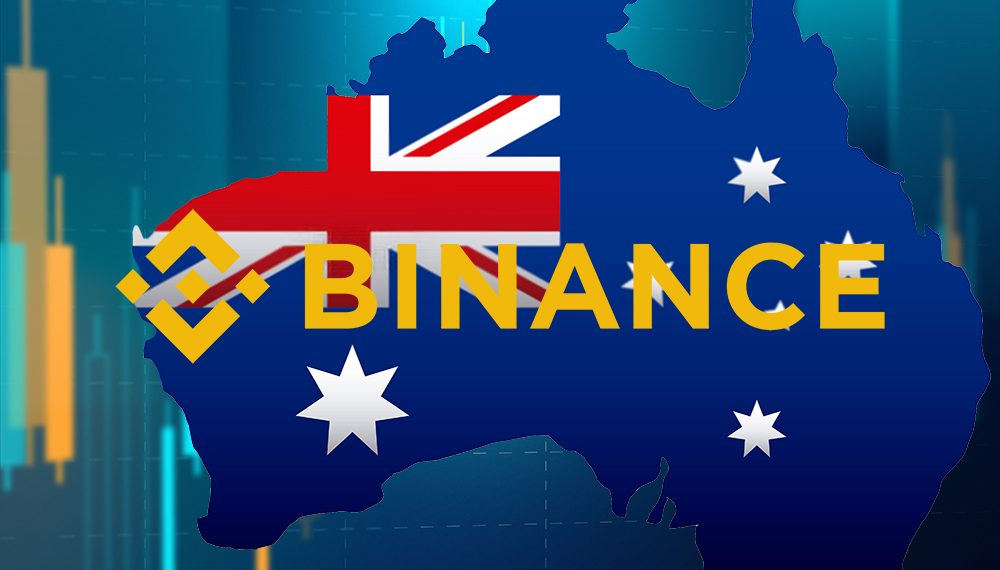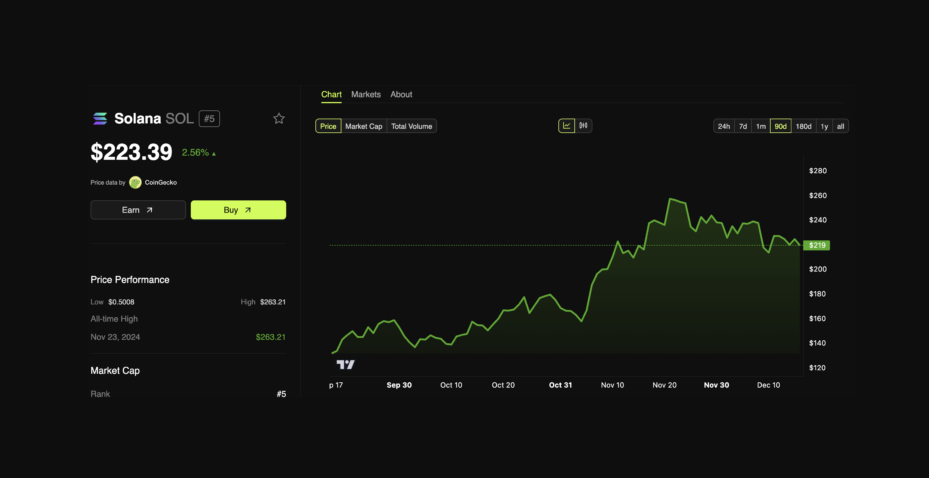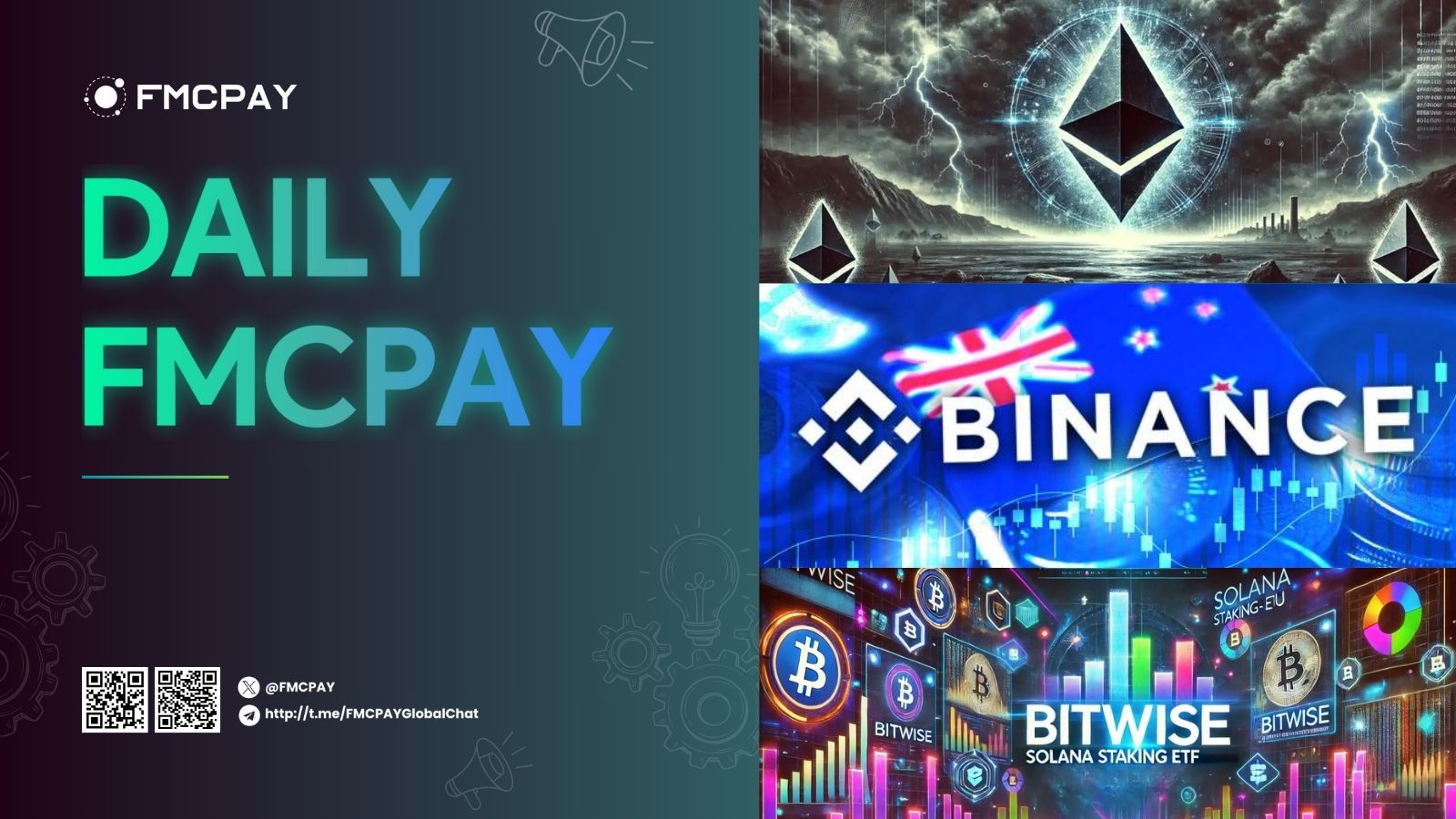Ethereum spot ETFs have seen growing institutional interest, with a $145 million net inflow.
According to SoSoValue, Ethereum (ETH) spot ETFs had a net inflow of $145 million on December 17, demonstrating increased institutional faith in Ethereum-backed financial products.

With a remarkable $135 million inflows on the day, BlackRock’s ETHA surpassed the inflows and currently has the highest net inflow of any Ethereum spot ETF, at $3.365 billion. Grayscale’s ETH, a significant participant in the ETF market, saw a net infusion of $4.45 million, bringing its total net inflow to $616 million.
Grayscale’s ETHE ETF remains dominating, with $5.72 billion in cumulative net assets, despite a dearth of fresh inflows yesterday and a $3.517 billion total net outflow.
Ethereum spot ETFs currently have a net asset value of $14.04 billion, or 2.96% of Ethereum’s total market capitalization, which is about $461.51 billion at the time of writing. As Ethereum solidifies its position in the digital asset market, institutional engagement grows, as seen by the cumulative net inflow across all Ethereum spot ETFs, which has already topped $2.46 billion.
As investors seek exposure to Ethereum’s core technology and expanding ecosystem, constant capital inflows suggest increased confidence in the cryptocurrency’s position in a changing market.
Binance Australia Derivatives exchange sued by ASIC
The Australian Securities and Investments Commission (ASIC) has sued Binance Australia Derivatives for failing to provide adequate investor protection.
The Australian Securities and Investments Commission has launched a complaint against Binance Australia Derivatives, citing a failure to comply with consumer regulations. Binance Australia’s derivatives exchange trading, known as Oztures Trading Pty Ltd, misclassified over 500 clients as wholesale.

ASIC files lawsuit against Binance Australia Derivatives
ASIC, the Australian regulator, announced in a news release on December 18 that it had sued Binance Australia Derivatives. According to the regulator, the exchange misclassified 505 individual investors who purchased crypto derivatives as wholesale.
From July 7, 2022 to April 21, 2023, Australian retail investors were denied essential consumer safeguards under Australian financial services legislation. This accounts for 83% of their Australian client base.
ASIC says that retail investors who trade crypto derivatives require consumer safeguards such as disclosure statements and access to a compliant dispute resolution process. The regulator also stated that Binance Australia Derivatives failed to make a Target Market Determination (TMD) in accordance with its design and distribution duties.
“Binance allegedly failed to ensure that the services it provided under its Australian financial services licence were provided efficiently, honestly and fairly,” said ASIC Deputy Chair Sarah Court.
Furthermore, it said that Binance’s compliance mechanisms were weak, exposing investors to high-risk, speculative goods with no consumer safeguards. Furthermore, several clients have experienced considerable financial losses. The exchange must comply with the terms of its license, according to the regulator.
Binance’s arm faced problems in 2023
Binance’s Australian subsidiary has a history of regulatory issues and disagreements with the authorities. In June 2023, Binance Australia stopped accepting Australian currency (AUD) deposits and withdrawals via bank transfer.
Previously, the Australian Securities and Investments Commission revoked Binance Australia Derivatives’ derivatives license in April. It launched an investigation against the exchange for incorrectly classifying dealers as wholesale investors.
ASIC, the Australian regulator, has issued draft advice to provide additional clarity on digital asset regulation and current financial product classifications. However, it drew condemnation from crypto industry professionals, who warned of an exodus of enterprises from the country.
Bitwise offers Solana staking ETP for European markets
Bitwise will introduce a Solana staking ETP in the European Union. The firm’s efforts to establish a Solana ETF in the United States have lately faltered, forcing this shift in strategy.
Bitwise is not the only company that provides Solana staking incentives in the EU, as these goods are now prohibited in the United States. However, a change in policy might jeopardize the company’s involvement in the continent.
Bitwise to launch Solana staking ETP
Bitwise paved the way for this move a few months ago, when it purchased a European ETP issuer in August. With this head start, the company appears prepared to join the EU market and its new regulatory framework. According to recent sources, the business will launch a Solana staking ETP in this market because to regulatory issues in the United States.
Bitwise previously attempted to create a Solana ETF in the US, but the SEC recently shattered their aspirations. According to some recent research, a Solana ETF is less likely to be approved than a Litecoin ETF in this country.
However, this staking ETP may provide a fresh alternative. VanEck just introduced a comparable product with staking incentives in the European Union.
“Bitwise’s decision to build out its SOL staking infrastructure could also give it the capacity to offer staking rewards for its US spot SOL ETF. Current US applications all have staking rewards stripped out due to securities law concerns, but some are speculating that might change under a Paul Atkins-led SEC,” said popular crypto commentator Martin Folb.
This new ETP will trade under the ticker BSOL, and its staking returns will set it apart from US ETFs. Because of US securities rules, ETFs and similar products cannot provide staking incentives, but Bitwise will have the ability to differentiate itself. According to Solana Compass, BSOL will give a yearly incentive rate of around 8%.
Solana’s price has lately corrected following the overall crypto bull market in November. However, the asset’s price has avoided a full price decline, and SOL continues to show signs of positive momentum. As of yet, Bitwise’s progress has had no noticeable influence on Solana token values.

Overall, it is difficult to determine the company’s long-term strategy for BSOL. On the one hand, if Bitwise continues to experience regulatory difficulties in the US market, the new Solana product might be the beginning of a more significant European commitment.
Alternatively, a friendlier SEC may authorize a SOL ETF or even allow staking rewards in the United States. For the time being, the factors remain uncertain.


